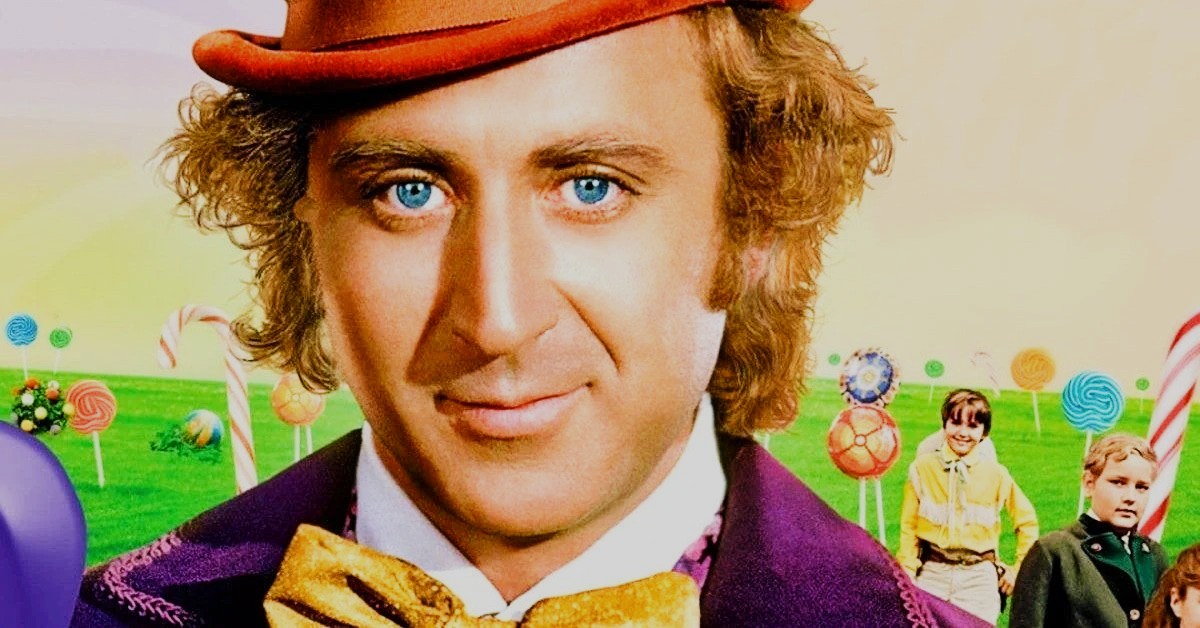This Isn’t the First Time Roald Dahl’s Books Were Edited To Be Less Bigoted, He Did This Decades Ago

Interest in Roald Dahl’s children’s books was renewed significantly recently when it was reported his works were being edited to be less offensive. Conservatives have tried to attribute the decision to politics, claiming it is the doing of the “woke mob” and an attack on free speech. However, the situation is a little more complex than that and seems to come down more to financial profits than politics. The fact is, the response to the editing has been criticized across the political spectrum, though for different reasons.
While the general mainstream conservative line of attack has been focused on claims of “woke censorship,” others are critical of the decision mainly for how unnecessary and ineffective it was. It has also raised the debate of how ethical it is to edit an author’s work after they have passed, while the book is still under copyright protection. The consensus, though, is that no one advocated for these edits—it was a decision that lay with Puffin Books and the Dahl estate. Plus, there’s the fact that these changes really didn’t make a difference to the offensive content in the books or make them more inclusive.
Many of the changes were fairly odd and even laughable. For example, a child is no longer referred to as “fat,” but a description of them being “enormous” and having bulging “folds” remains. A woman described as “ugly and beastly” is now just “beastly,” and a description of women being overly “fat” or “thin” is changed to them being “old brutes” who “deserved to be squashed by the fruit.” Hence, if these changes really aren’t making the books more inclusive, what was the reason for them? Perhaps, the reason is similar to Dahl’s motivations for also editing his books decades ago.
This isn’t the first time Dahl’s books were edited.
Amid the outcry over Dahl’s books being edited, many seem to have forgotten that the author previously edited his work himself to make it less offensive. He edited his book Charlie and the Chocolate Factory in 1973, just shy of a decade after its initial publication. Meanwhile, the edits took place just two years after the film adaption, Willy Wonka and the Chocolate Factory, was released. In his initial book, the Oompa Loompas were depicted as African Pygmy people who were snuck out of Africa in crates by Willy Wonka and basically forced into servitude in his factory.
Dahl’s depiction of the Oompa Loompas was likely influenced by the United Kingdom’s decolonization period. In the years following World War II, many former British colonies achieved independence. These newly independent countries became known as the New Commonwealth. The 1948 British Nationality Act gave the New Commonwealth citizenship rights, allowing them to work in the UK. White UK workers began to feel threatened that immigrants would take over their jobs. As a result, Dahl portrays the Oompa Loompas as coming from Africa and resulting in Wonka firing his entire workforce, much to the chagrin of Charlie’s family. That they become slaves in the factory represents the UK regaining its glory as the British Empire and reducing these immigrants back into positions of servants.
However, the book’s film adaption was made in the U.S., which was in its post-Civil Rights Movement era. As a result, news of the film sparked protests from groups like the NAACP about the Oompa Loompas’ depiction. Under pressure from the group, the film changed the Oompa Loompas’ origin story. Shortly after, Dahl’s publisher also heeded calls to change the Oompa Loompas and gave them orange skin and green hair and origins from Loompaland in editions of the book after 1973.
What past revisions of Dahl’s work mean
Now, the revisions Dahl made weren’t because he had changed his perspective. The film’s changes were made after it was threatened with a boycott by the NAACP. The book reportedly changed after American author Eleanor Cameron effectively engaged Dahl in debate over the depiction of the Oompa Loompas, and the revised editions of the book were released alongside Dahl’s Charlie and the Chocolate Factory sequel, Charlie and the Great Glass Elevator. Edits were clearly made to avoid facing potential profit losses from the film or the book’s sequel. This is why only minimal changes were made while plenty of other controversial material remained, including the Oompa Loompas’ connections to slavery and overt antisemitism in The Witches.
Dahl’s editing of his work decades ago was a pretext of change used to ensure better profit and press, similar to what is happening today. These changes largely seem to be an effort to maintain Dahl’s intellectual property (IP). Netflix acquired the rights to Dahl’s IP in 2021, in what was considered its biggest IP acquisition deal ever, and is expected to generate millions. Puffin likely believes these newly edited works will foster more interest than the original and, due to copyright laws, it can make these edited versions of Dahl’s work more widely available than the originals, too.
Of course, just because Dahl revised his work decades ago shouldn’t mean that his publishers can now revise it thirty years after his death and make these revised versions more widely available. What the 1973 and 2023 edits do have in common, though, is that the bottom line was more likely the motivating factor rather than actual interest in making the books more inclusive, which is why such revisions have largely failed to make Dahl’s work less problematic.
(featured image: Paramount Pictures)
Have a tip we should know? tips@themarysue.com